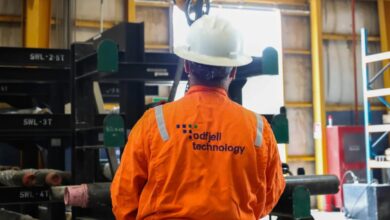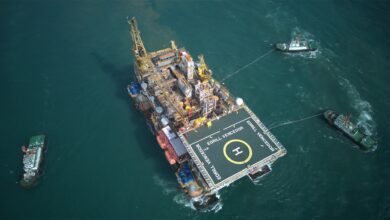TWMA secures £20 million of North Sea contracts
TWMA has secured new contracts valued at £20 million in the North Sea in the first eight months of 2019.
In order to support the new business won this year, TWMA has invested more than £10 million into new equipment and facilities.
The contracts, with major North Sea operators, are for TWMA to provide offshore processing of drilling waste using its TCC RotoMill technology, which allows drill cuttings to be managed safely and effectively on site.
TWMA has seen a recent shift in the North Sea to companies choosing to process drilling waste offshore. Applying a TCC RotoMill offshore processing solution allows recovered oil from the drill cuttings to be recycled back into the active mud system, resulting in significant cost savings.
The TCC RotoMill also eliminates 95% of lifting operations, improving the safety profile on the project, and ensuring drilling operations can take place in all-weather conditions. In addition, removing the need for shipping the drilling waste onshore reduces the need for vessels and port access, reducing associated well costs by up to 50%.
“With cost optimization and HSE at the fore across the industry, we have seen our order book bolstered this year,” Gareth Innes, Chief Commercial Officer at TWMA, said. “There has been a real shift in culture in the North Sea, with companies no longer relying on the traditional skip and ship method but instead recognizing the value that wellsite processing can bring to a project in terms of safety, environment and cost savings.”
“More than 65% of drilling projects in the North Sea are now using offshore processing of drilling waste, a big shift away from the traditional skip and ship to shore method; offshore processing is now becoming the industry standard in the North Sea,” Mr Innes added.
“We are pleased to be at the forefront of this change across the industry and will continue to promote the benefits of offshore processing, delivering our service to the highest standard and bringing cost reductions to the industry,” Mr Innes concluded.




